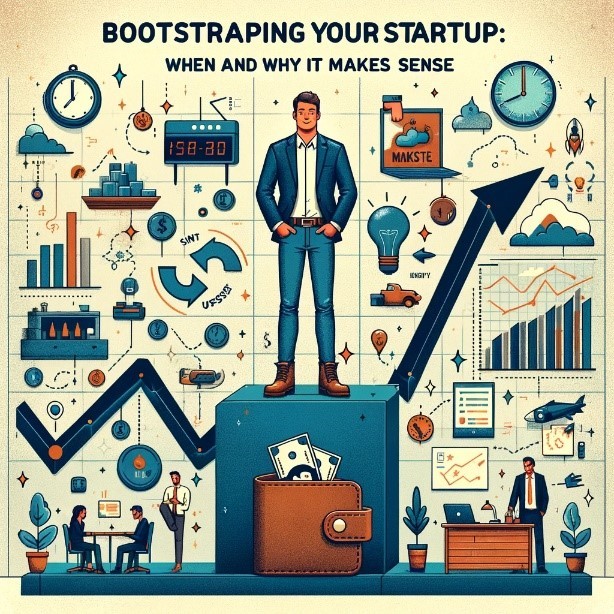The advent of open banking in Australia has not only reshaped the financial landscape but also introduced a novel paradigm in the fintech industry. This transformation, driven by regulatory changes, has triggered a wave of opportunities and challenges for traditional banks and fintech startups alike.
Allied Legal’s Startup Lawyers can assist startups and founders in becoming accredited data recipients (ADR) and tapping into the Consumer Data Rights (CDR) system. Call us today at 03 8691 3111 or email us at hello@alliedlegal.com.au to discuss your matter.
What is open banking?
Open banking provides fintech startups with the opportunity to access banking data authorised by customers through accredited third parties, approved by the Australian Competition and Consumer Commission (ACCC). This access allows fintech startups to offer more tailored banking products and facilitates seamless transitions between products or banks for their customers.
Implications of Open Banking Regulations in Australia
The Australian government’s Consumer Data Rights (CDR) legislation has paved the way for open banking, empowering consumers to safely share their financial data with accredited service providers. Under the CDR system, consumers consent to the transfer of their data from a data holder to an accredited data recipient, or from one accredited person to another accredited data recipient. For instance, they have fundamentally altered the way financial institutions operate, forcing them to adopt more transparent practices. Moreover, these regulations have fostered an environment conducive to innovation, leading to the emergence of new fintech products and services. Utilise real consumer data to craft personalised comparisons, create innovative services, and design groundbreaking products by becoming an ADR.
Reach out to Allied Legal’s Startup Lawyers today and let us guide you in unlocking your fintech business’ potential!
Opportunities for Traditional Banks and Fintech Startups
Open banking regulations have spawned a plethora of opportunities for both traditional banks and fintech startups. Traditional banks can now leverage their vast data repositories to offer personalised services and retain customers. On the other hand, fintech startups can access a wealth of data, previously the sole domain of traditional banks, to develop innovative solutions. Allied Legal can provide startups with the necessary guidance to navigate this new landscape, ensuring they remain compliant with regulations while capitalising on these opportunities.
Challenges in the Wake of Open Banking
Despite the opportunities, open banking also presents a host of challenges. Traditional banks must adapt to a more competitive environment and invest in technologies to harness the power of the data they hold. For fintech startups, the challenge lies in ensuring data security and privacy while managing legal complexities, a task where services from startup lawyers and firms like Allied Legal are invaluable.
Steps for Fintech Startups to Apply to be an Accredited Data Recipient Status
- Review Documents: Study the ACCC’s Accredited Data Recipient Support Package, Accreditation Checklist, and the Consumer Data Right Participant Portal guide.
- Understand Requirements: Familiarise yourself with legal and IT obligations. Allied Legal can assist fintech startups to understand legal requirements.
- Apply for an Account: Register on the Consumer Data Right Participant Portal and undergo organisation verification.
- Receive Activation: Await an activation code from the ACCC.
- Log in and Apply: Access the portal, complete either standard or streamlined application forms, and save progress.
- Submit Application: Finalise and submit the application.
- Review and Assessment: The ACCC checks and evaluates the application.
- Decision Notification: Receive accreditation, conditional accreditation, or refusal notification from the ACCC.
- Complete Onboarding: Fulfil onboarding requirements, including conformance testing.
- Accreditation Granted: Upon passing onboarding, receive accreditation and an accreditation number.
Key Takeaways for Startups
The implementation of open banking regulations in Australia has marked a significant shift in the financial and fintech sectors, presenting a plethora of opportunities for fintech startups. By leveraging open banking, fintech startups can access a wealth of consumer data, previously inaccessible, to develop innovative solutions and personalised services.
The accreditation process for becoming a data recipient under the Consumer Data Right (CDR) system may seem daunting, but it offers fintech startups the chance to establish themselves as trusted entities within the financial ecosystem.
Contact Allied Legal’s Startups Lawyers today!
By partnering with legal experts like Allied Legal, fintech startups can navigate the complex regulatory landscape with confidence, ensuring compliance with regulations while maximising the benefits of open banking.




